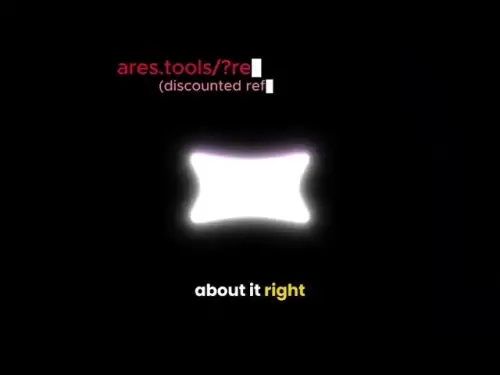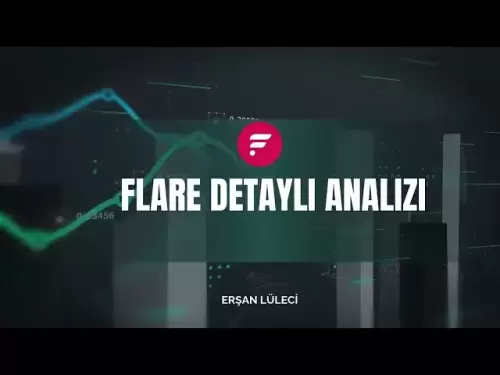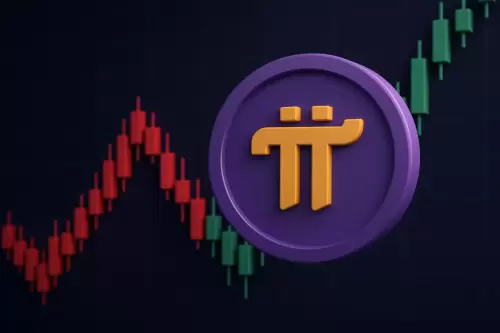 |
|
 |
|
 |
|
 |
|
 |
|
 |
|
 |
|
 |
|
 |
|
 |
|
 |
|
 |
|
 |
|
 |
|
 |
|
Cryptocurrency News Articles
CoW Swap, a Decentralized Exchange Aggregator, Is Introducing a Feature It Says Will Boost the Number of Transactions It Can Handle and Offer More Rewards to Those Who Facilitate Trades
May 15, 2025 at 10:23 pm
CoW Swap, a decentralized exchange aggregator, is set to introduce a feature it says will boost the number of transactions it can handle and offer more rewards to those who facilitate trades.

CoW Swap, a decentralized exchange aggregator, is set to introduce a feature that it says will boost the number of transactions it can handle and offer more rewards to those who facilitate trades.
The feature, called Combinatorial Auctions, will let solvers, those who route trades for the aggregator, work together for the first time to offer traders the best swaps. Aggregators are one-stop shops that search multiple DEXs to find the one that offers the most cost-efficient trades.
“The existing system is rather rigid because only a single solver can win each auction, and different solvers are forced to compete in a zero-sum game, ” said Canidio, adding that "only one can succeed, forcing the other order to wait for the next auction."
Under the new system, which passed a DAO vote on Thursday, multiple solvers will be able to propose more efficient solutions to pending orders, if they exist.
"If a combined solution creates shared value for all parties, it wins; otherwise, different solvers can fulfill different orders independently," Canidio said.
CoW DAO estimates the move could increase order throughput by around 33%. That’s significant, as competition among DEX aggregators is heating up.
Over the past week, CoW Swap and rival aggregator 1inch have been neck-and-neck at around $2 billion in trading volume each on Ethereum, according to DefiLlama data. If CoW Swap’s new feature works as predicted and increases trading throughput, it could help it pull ahead.
CoW Swap works differently to most other decentralized exchanges and aggregators. Instead of using liquidity pools to facilitate trades, like Uniswap (CRYPTO: UNI), it uses a peer-to-peer system. Users submit trades then third parties — solvers — compete to match buyers with sellers efficiently in a single transaction. The main benefit of this system is that it prevents traders falling victim to negative forms of maximal extractable value, or MEV.
"This new feature will enable solvers to collaborate, pooling their knowledge and resources to devise even better solutions, ultimately leading to greater efficiency for the ecosystem," Canidio said.
With more solvers able to participate on CoW Swap at the same time, the average rewards they can earn should increase by around 25%, according to CoW DAO.
While that’s great for solvers, it isn’t so cut and dried for the protocol.
Cow Swap solvers are compensated in COW tokens, the protocol’s governance token. If, for example, CoW Swap pays out more in rewards without a commensurate amount of increased trading, it will hurt the protocol’s efficiency.
Canidio said she expects CoW Swap to benefit from higher transaction throughput with “a less-than-proportional rise in solver rewards.”
Simply put, Combinatorial Auctions should make CoW Swap more efficient.
CoW Swap says it expects testing of the new system to start around May 20, and the full launch on all chains to happen around June 3.
Disclaimer:info@kdj.com
The information provided is not trading advice. kdj.com does not assume any responsibility for any investments made based on the information provided in this article. Cryptocurrencies are highly volatile and it is highly recommended that you invest with caution after thorough research!
If you believe that the content used on this website infringes your copyright, please contact us immediately (info@kdj.com) and we will delete it promptly.




























































